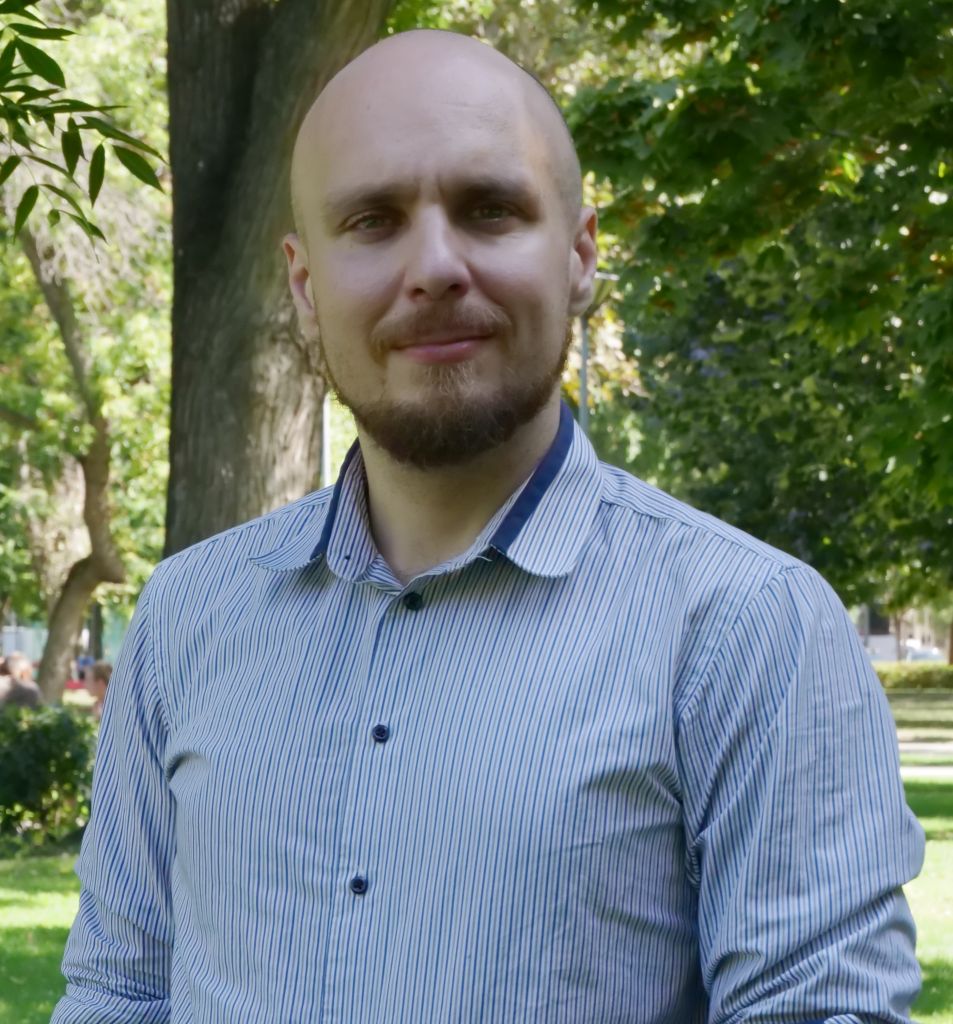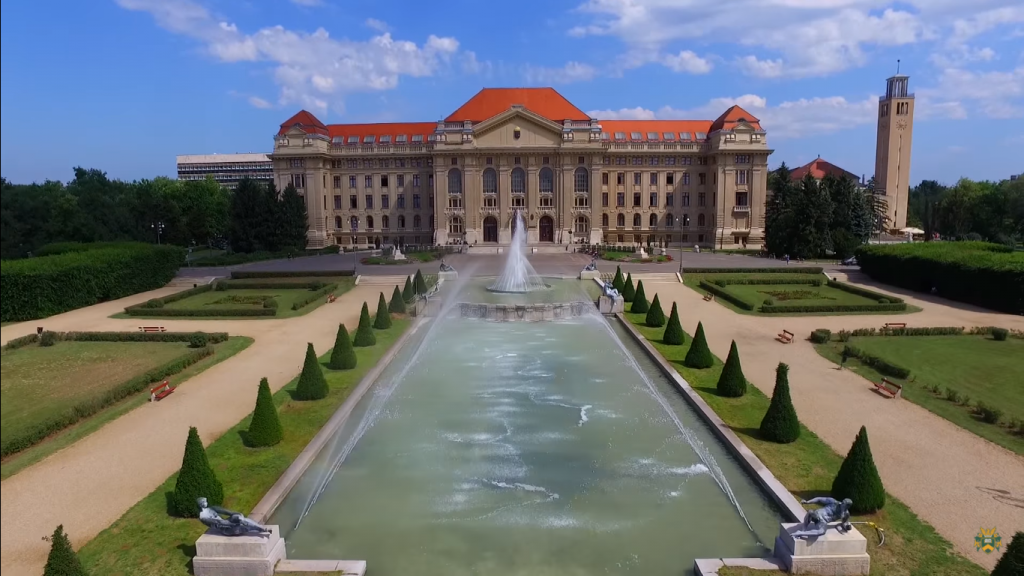The https://english.atlatszo.hu use cookies to track and profile customers such as action tags and pixel tracking on our website to assist our marketing. On our website we use technical, analytical, marketing and preference cookies. These are necessary for our site to work properly and to give us inforamation about how our site is used. See Cookies Policy
Hidden privatization: valuable public assets transferred from the state to public trust foundations led by Orbán-allies
By the end of 2021, the Orbán government handed over billions of Forints worth of national assets to semi-private owners, in a wave comparable to the privatizations of the early ‘90s. The formerly nationally owned institutions, including companies and universities, were transferred to “public trust foundations” run largely by pro-Fidesz figures, including current government members, who may run them indefinitely without government supervision.
The Hungarian parliament, currently dominated by the governing Fidesz party approved a constitutional change in April 2021 that introduced so-called “foundations exercising public tasks”. These new bodies (known by the Hungarian abbreviation KEKVA) are similar to the foundations that took over several universities in 2019, including the University of Theatre and Film Arts. Their managers are appointed by the government and may receive public funds, but they are effectively run like a private firm.

No oversight by elected officials
The new foundations vastly overshadow the previous trusts that only took over one or two universities. In total, the government transferred – for free – thousands of billions of Forints of assets to the new KEKVAs, including more universities (now over 70 percent of the Hungarian higher education is owned by trust), museums, state farms, corporate assets, and valuable real estate.
The fact that Fidesz wants to abolish elected officials’ oversight over these institutions has been confirmed in the text of the law itself, which states that the institutions should be independent of “whatever government is in power at the time”.
However, the appointed leaders of the trust are everything but politically independent: it mostly includes pro-Fidesz political figures, including current MPs and state secretaries.
Many see the appointment and the privatization wave as a way for Viktor Orbán and his allies to transfer their power
even in the case of an opposition victory in Spring 2022. The current version of Hungary’s constitution (also just recently modified by the pro-government supermajority) states that the KEKVAs’ managers can only be removed with a two-thirds parliamentary majority, and it is unlikely that the opposition parties could gain such a high majority.
It could lead to full privatization
The transfer of national assets to semi-private trusts could also prepare true privatization. The laws allow the trusts to sell any assets (including real estate, corporate shares, and entire universities) to private investors. In such a case, the state would only have a right of first refusal, pre-emption right, which means that the state would have to buy back assets that it previously gave away for free.
The multi-billion real estate fortune of Szilárd Demeter’s outsourced empire | atlatszo.hu
In less than a year, the network of Hungarian culture commissioner Szilárd Demeter has gained a real estate portfolio worth billions of Forints. Mr. Demeter, who received international criticism over his comments about “George Soros’s gas chamber” now controls several monumental castles and lucrative cultural centers.
One of the largest KEKVAs is the Foundation for Hungarian Culture led by government commissioner Szilárd Demeter. The giant trust, which was described in detail in this article, was given control over the most important literary and art organizations, as well as billions worth of real estate properties. Their portfolio now holds the 2500 square-meter Andrássy palace of Budapest, located on the bank of the Danube. They also won 30 hectares of land located on the Hajógyári island, which includes heritage sites, event venues and nightclubs. The properties alone can be estimated to be worth tens of billions of Forints, and the government plans to transfer further billions to the trust for property development.
No more public universities
The majority of Hungary’s universities (including the universities of Debrecen, Pécs, and Nyíregyháza) were also given to trusts over a single year. In fact, Hungary today has no public university outside Budapest. The government also transferred all university properties to the educational trusts, but also several assets seemingly unrelated to higher education.
For example, the University of Debrecen, and the foundation that manages it, received a total of 470 (!) different properties for free,
many of which are not even in Debrecen. The trust was also given 50% of the shares of Nagyerdei Stadion Rekonstrukciós Kft., the company rebuilding the DVSC football stadium.
The president of the University of Debrecen Foundation is György Kossa, CEO of ITK Holding (a public transport company in Debrecen), former general of the disaster management brigade, appointed by Sándor Pintér, Minister of the Interior.
Real estates, oil, and horses
Another trust, the Óbuda University Foundation is led by Mihály Varga, the current Minister of Finance. The President of the organization taking over the University of Pécs is also a government member, József Bódis, Minister of State for Higher Education, Innovation and Vocational Training. István Stumpf, former Minister in charge of the Prime Minister’s Office, has been made the head of the Tokaj-Hegyalja University trusts.
The trust’s board of trustees also include Dr. Péter Molnár, director of the Patrícius Wine House, a business associate to the Orbán family.
The government also gave away corporate shares that it previously purchased. For example, the foundation taking over the Semmelweis University received 9 777 658 stocks from Richter Ltd. They also created a new trust for holding the government’s former stakes in the MOL oil company.
Based on a law passed last year, the Central European Built Heritage Preservation Foundation (KEÉÖMA) was also registered in 2021, and was immediately given two state-owned companies, Manevi Zrt (shares worth HUF 11.2 billion) and Comitatus-Energia Zrt (HUF 3.9 billion), as well as another HUF 25 billion in cash. KEÉÖMA is supposed to have the public task of buying Hungarian properties in the Carpathian Basin, but so far nothing is public about its activities and the foundation does not even have a website. What is known is that the companies taken over own 16 foreign properties.
The national assets given away include numerous cultural and natural heritage sites. The newly established Hauszmann Foundation for example received 10 state-owned properties in Szentendre, in principle for the creation of memorial houses and a knowledge center. It also received 5.5 hectares of land, largely on a natural preserve. Another KEKVA, the Makovecz Campus Foundation owns the Pázmány Péter Catholic University campus in Piliscsaba, a compound designed by the famous architect Imre Makovecz. The trust’s head is Miklós Maróth, the official science policy advisor to Viktor Orbán. Apart from him, the board of trustees is made up solely of Fidesz politicians and government officials.
One of the most influential members of the ruling Fidesz party, Lázár János also got his trust. He is now the head of the Future Generation’s Land Foundation, the main asset of which is the Mezőhegyes Horse Farm. According to Lázár himself, after nationalizing the farm the government spent over 30 billion Forints for its development, only to hand them over for free.
Apart from newly created trusts, pre-existing, Fidesz-affiliated trusts have also gained substantial wealth. For example, the previously established Universitas Miskolcinensis Foundation received state property. Another trust, the Millenáris Foundation, which is chaired by Zsolt Láng, a member of the Budapest assembly, now owns the entire Millenáris Park and the Thália Theatre of Budapest. In addition to the real estate, the foundation has also received 9.18 billion Forints in seed capital.
Written and translated by Zalán Zubor. The original, Hungarian version of this article can be found here.
Support independent investigative journalism in Hungary, become a patron of Atlatszo on Patreon!
Share:
Your support matters. Your donation helps us to uncover the truth.
- PayPal
- Bank transfer
- Patreon
- Benevity
Support our work with a PayPal donation to the Átlátszónet Foundation! Thank you.
Support our work by bank transfer to the account of the Átlátszónet Foundation. Please add in the comments: “Donation”
Beneficiary: Átlátszónet Alapítvány, bank name and address: Raiffeisen Bank, H-1054 Budapest, Akadémia utca 6.
EUR: IBAN HU36 1201 1265 0142 5189 0040 0002
USD: IBAN HU36 1201 1265 0142 5189 0050 0009
HUF: IBAN HU78 1201 1265 0142 5189 0030 0005
SWIFT: UBRTHUHB
Be a follower on Patreon
Support us on Benevity!



